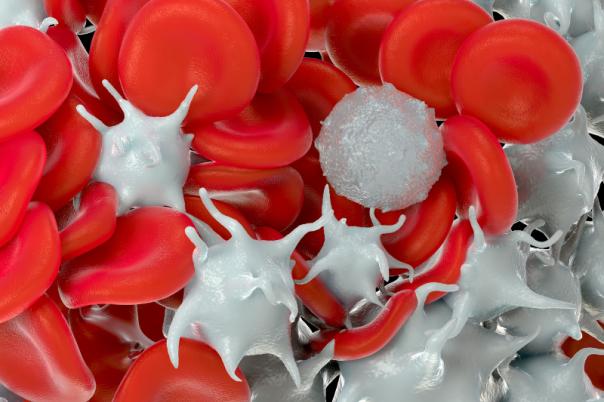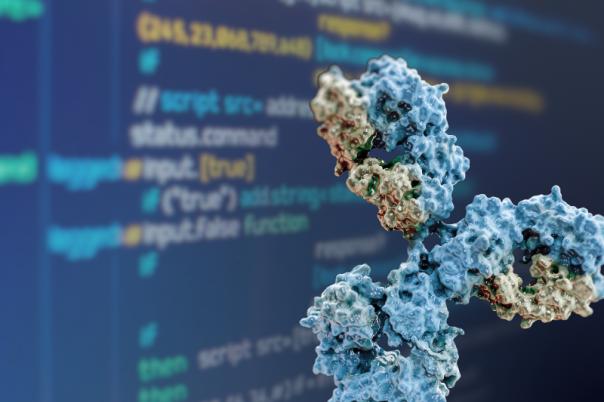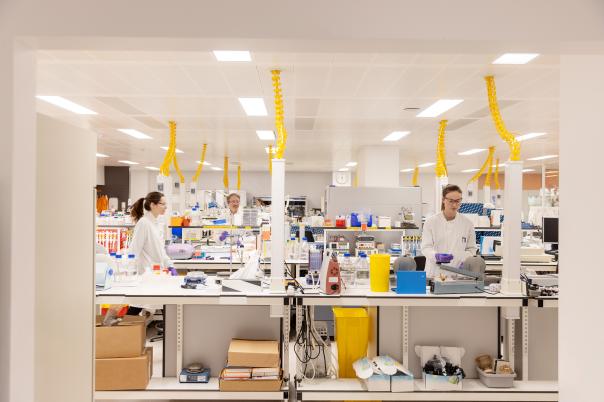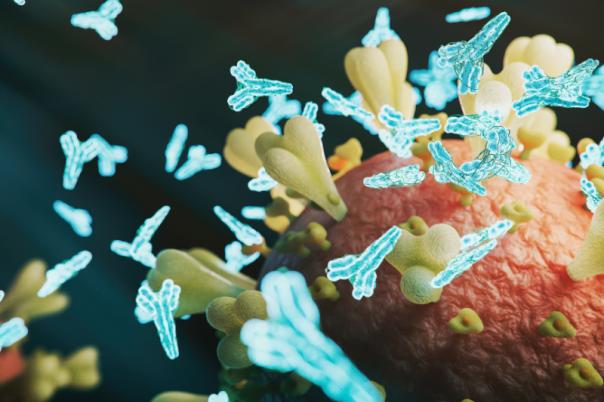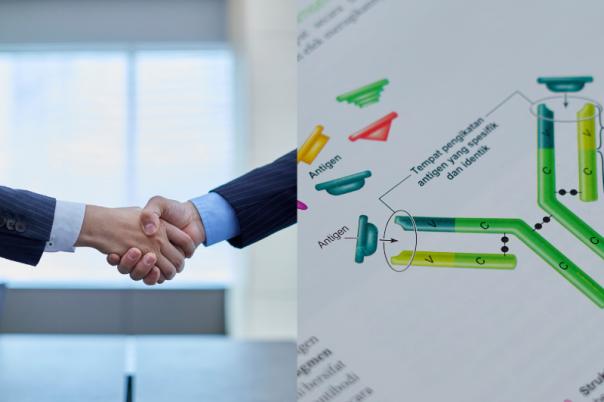During pinocytosis, proteins, antibodies, and other large molecules are taken up into the cells. When they enter the acidic endosome, antibodies and albumin are unique in binding to FcRn so that they can be recycled. This gives these molecules a longer half-life compared to other proteins.
As binding to FcRn, or neonatal Fc receptor, results in extended half-life, Argenx investigated mutations that enhance binding to FcRn to increase the longevity of antibodies. “AbDeg” mutations like MST-HN play this role of enhancing FcRn binding at both acidic and neutral pH levels.
This led to the development of Efgartigimod, an Fc fragment with MST-HN mutations. The therapy binds to and blocks FcRn to reduce the half-life of pathogenic IgGs in conditions like myasthenia gravis and ITP.
One of the problems that antibody therapeutics often face in the clinic is after they bind to their target, both target and antibody enter the endosome and get recycled. This can prolong the half-life of the target and can cause it to build up.
Recycling antibodies are one proposed solution to this problem. These are antibodies which bind to the target but release it once they enter the endosome due to the higher acidity. Here, the antibody gets recycled but not the target which gets pushed into the lysosome and degraded.
Sweeping antibodies are another solution. Rather than relying on pinocytosis, these molecules use active uptake of the complex. Using MST-HN mutations, the antibody-target complex binds to FcRn at a neutral pH and is actively taken up by the endosome. When this is combined with pH dependant binding to the target, the target is released into the endosome while the antibody stays bound to FcRn. This allows the bound antibody to continue grabbing the target in a repeating cycle – binding to the target and releasing it into the endosome to be degraded.
The presentation then outlines a test of this hypothesis using IgA, an abundant target, where antibodies bind to and internalise IgA, facilitating its degradation while recycling the antibody. Despite initial successes, immunogenicity posed challenges, affecting the stability and efficacy of antibody treatments in various levels of IgA.
Therefore, the team decided to switch their strategy by developing a one-armed antibody. This improved binding to FcRn and reduced the formation of immune complexes that lead to degradation. The presentation concluded with potential applications of the one-armed antibody platform in treating diseases related to pathogenic IgA, such as IgA nephropathy, and emphasises the need for further research in this area.


